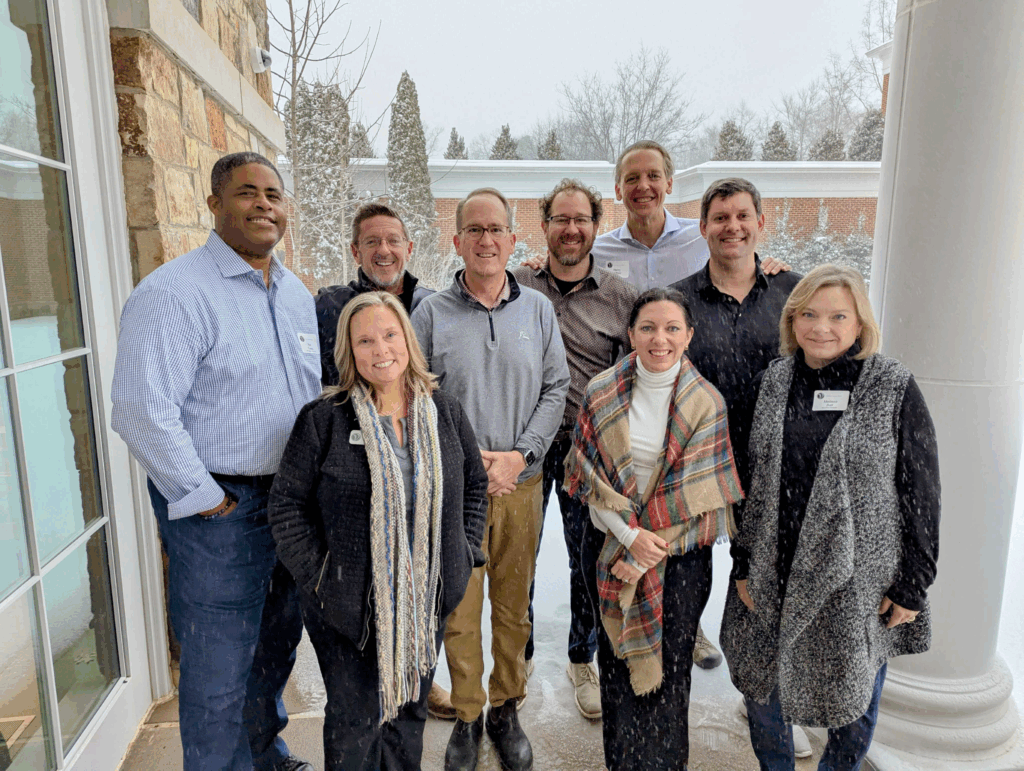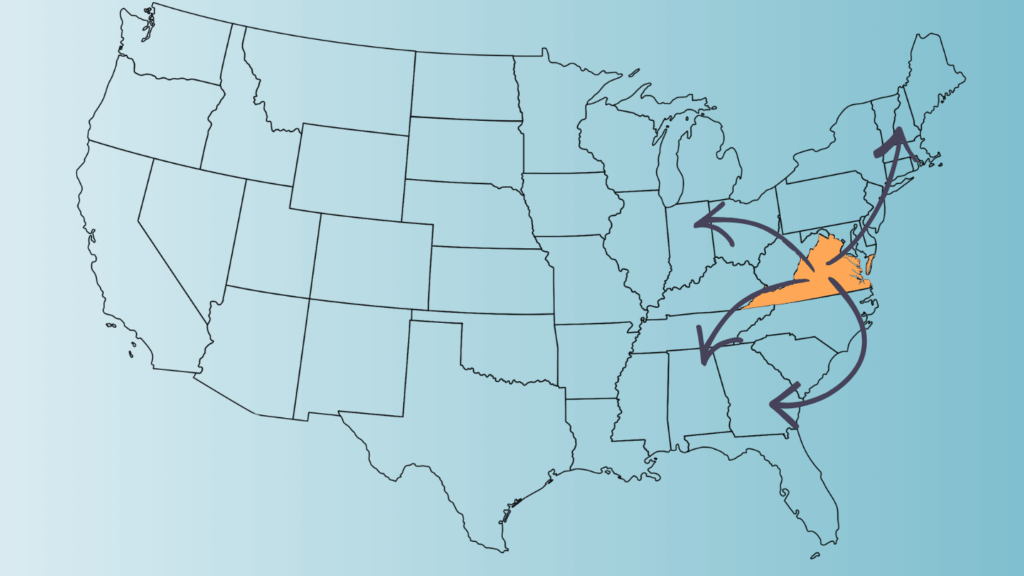When David Ingram, CEO of Capital TechSearch, told me he was writing a book, I was jealous. How does this guy have time to write a book! I have trouble carving out time to write 150 words a week for this blog!
Maybe that’s why Ingram is so successful. In fact, the book he is writing, “15 Bedtime Stories That Keep Entrepreneurs Up at Night,” shares some of what he has learned along the way. Like all VACEOs members, Dave loves to share his experience with other CEOs.
For more on CEO authors, see this article at Richmond BizSense that highlights David and several other Richmond area CEO authors.



